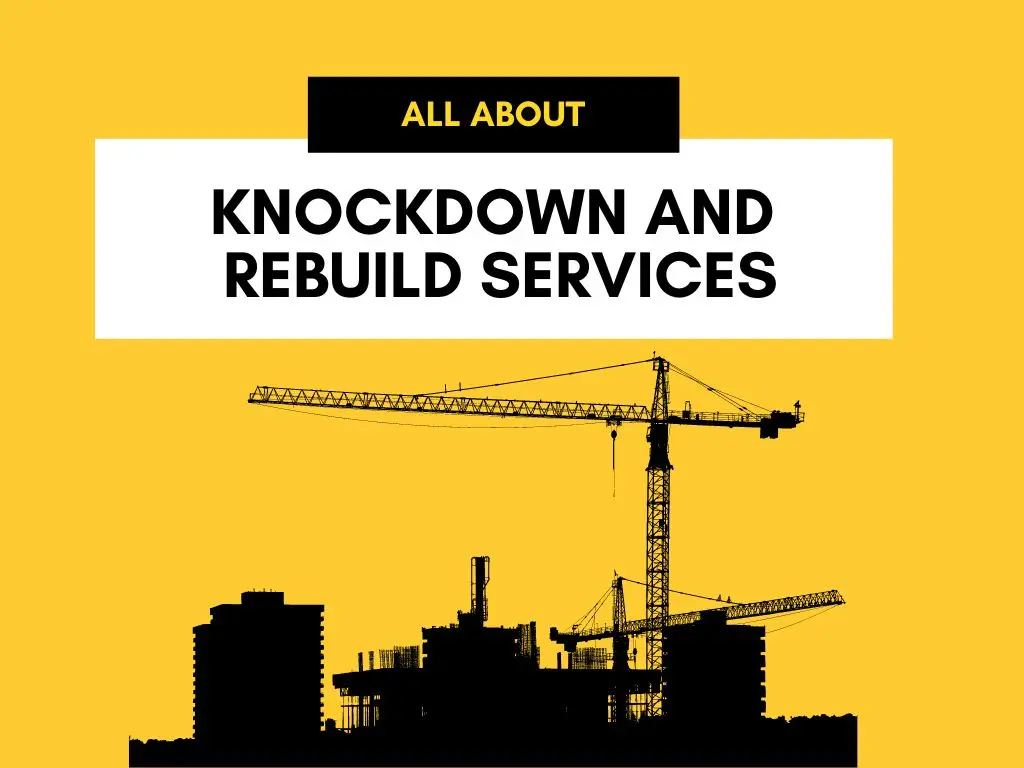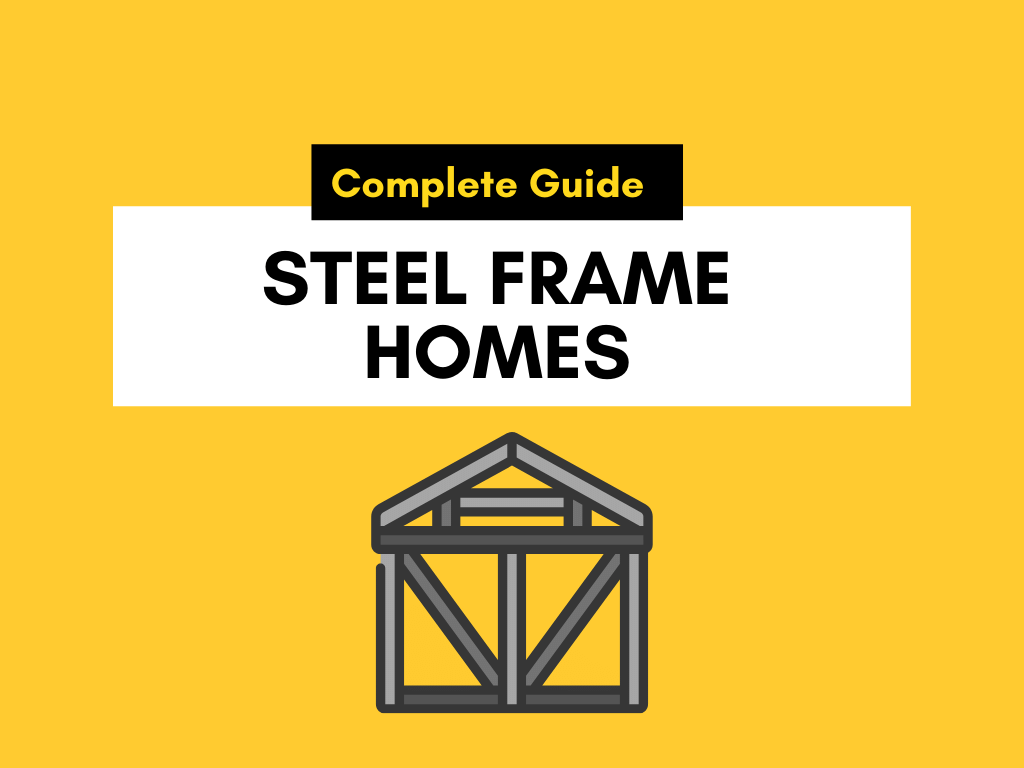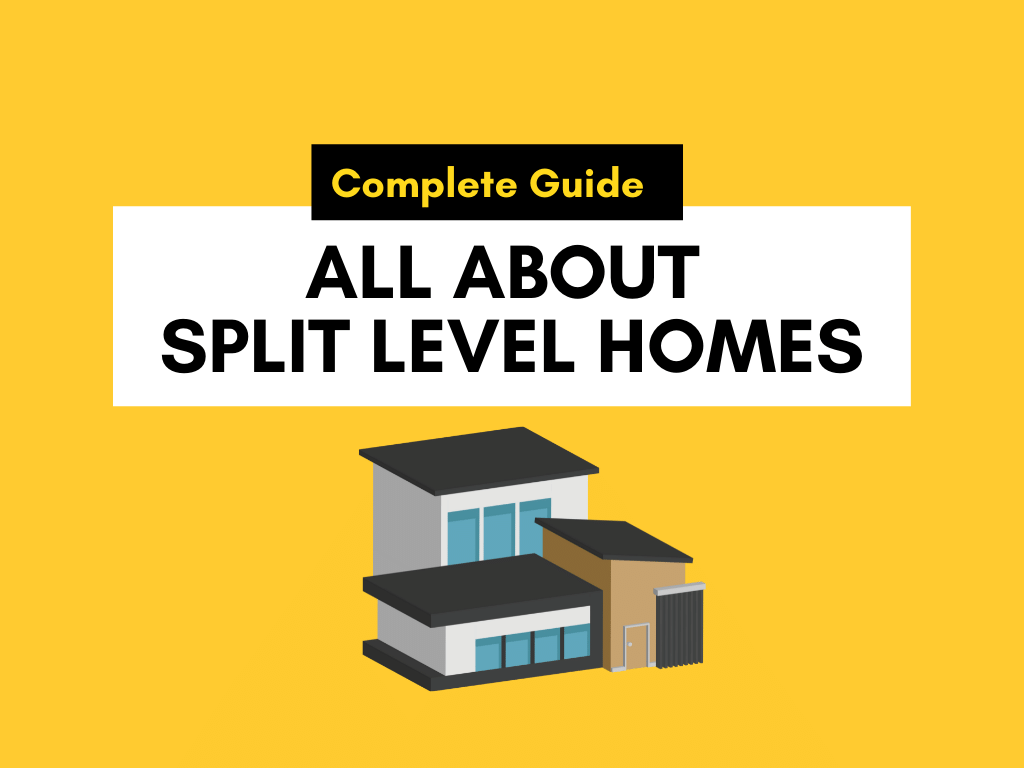A guide to Knockdown and Rebuild services
Table of Contents
Introduction
All houses come with an expiry date. Even construction with top-quality materials and engineering techniques can look dated after a while.
In this situation, demolishing the entire (or partial) structure and rebuilding is the most common go-to move, as it has a ton of benefits.
At the same time, there are certain pitfalls and costs associated with it.
In this piece, we have integrated our years of experience and lessons learned as a builder in ACT and NSW.
We will be talking through the actual process of home demolition, the rebuild, factors affecting the cost and much more.
Let’s get started.
Most common reasons for Demolishing a House
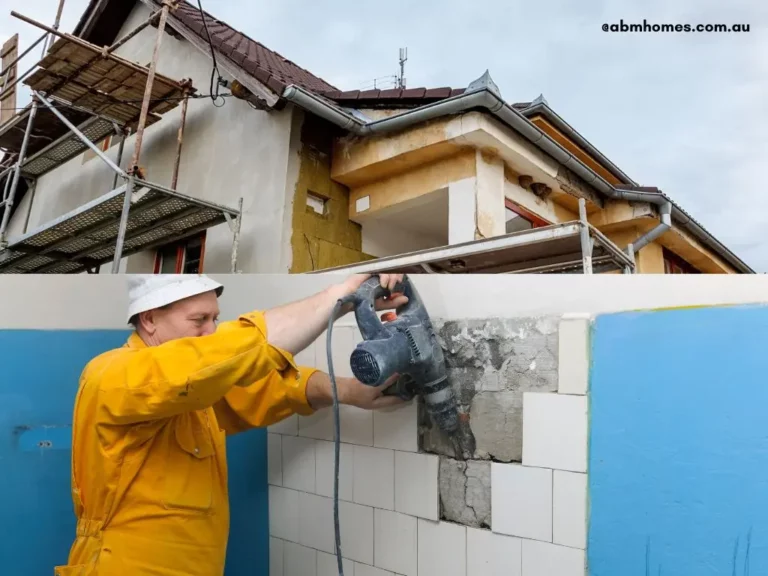

By no means exhaustive, these are the reasons most clients approach us to demolish and rebuild their current home
Old construction:
A lot of old homes can be very charming and look amazing. That is certainly the case when the original build features timeless design elements.
However, in the case of trendy designs, there is always the risk of the style being too out of fashion, and your home, in turn, sticking out like a sore thumb.
In this case, a new build offers a blank canvas for your imagination. You can choose afresh from the latest and classic design alike.
Expansion:
Family sizes and needs keep changing, especially over the decades. The kids might have grown up and left, so you may want to get more open space and use up their old rooms.
In the case of multi-generational households, you want to build extra living units or add extra activity rooms for the different generations. Privacy is also a major concern.
A rebuild ensures that everyone gets a slice of their own private world, all while living close to their dear ones.
In this scenario, you may not need a full teardown of the existing structure and may only need a partial rebuild.


Toxic Materials in Home Structure:
An lot of old construction across Australia contains harmful materials like asbestos.
There are known major health risks associated with such construction, and this makes a rebuild not only advisable but inevitable.
New construction materials are held to very high standards, meaning your rebuilt home is not only modern looking and well-designed but also way less damaging and sustainable.
Value Addition:
Houses are not just potential homes, but also a valuable investment vehicles.
In case you are looking to exit from your current home or want to flip an old house you just bought, you can significantly increase the value of your investment by building a modern-style home.
Such a build will be well suited to extract maximum value in the current property market, giving more bang for your buck.
Types of House Knockdown
As mentioned in the points above, demolitions can vary in their scope.
Here’s a list of the most common ways to teardown a house:
Partial Teardown:
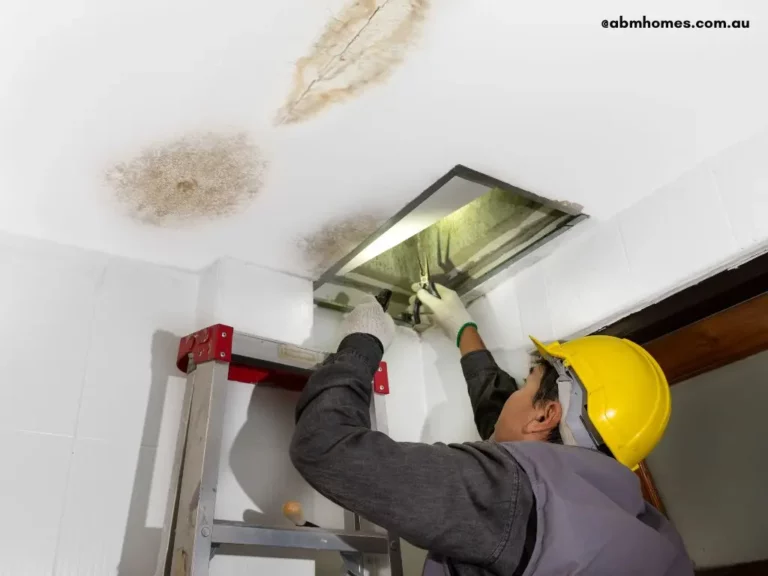

A partial knockdown is suitable if you are only changing one section of the house. It has two further subtypes: interior and exterior.
You could be doing this kids at home needing more privacy, to create a rental unit, or for interior changes, like re-tiling.
This type has significantly less structural change and hence is way cheaper.
Full Teardown:
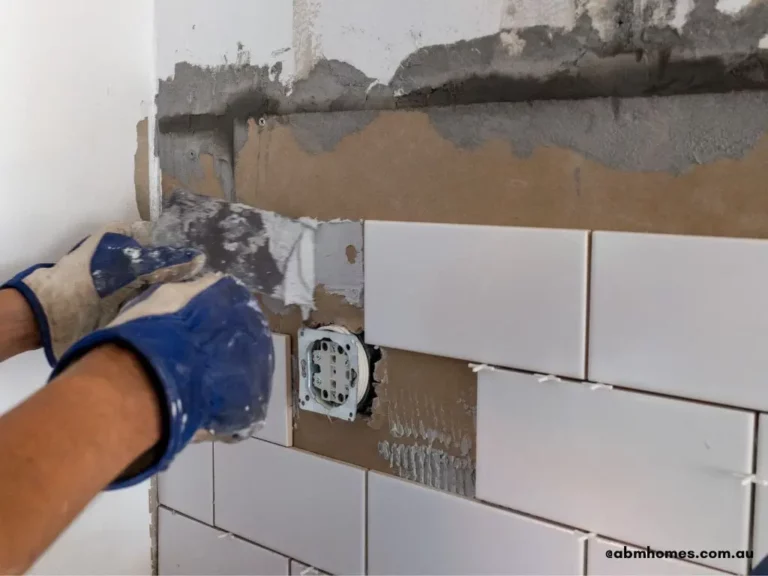

Suitable for when homes are too old, this applies most likely in case of complete redesigning, toxic materials like asbestos or structural issues in the current build, such as a weak foundation.
This is the most expensive option. However, it has maximum potential for increasing the value of the property.
Manual Deconstruction:
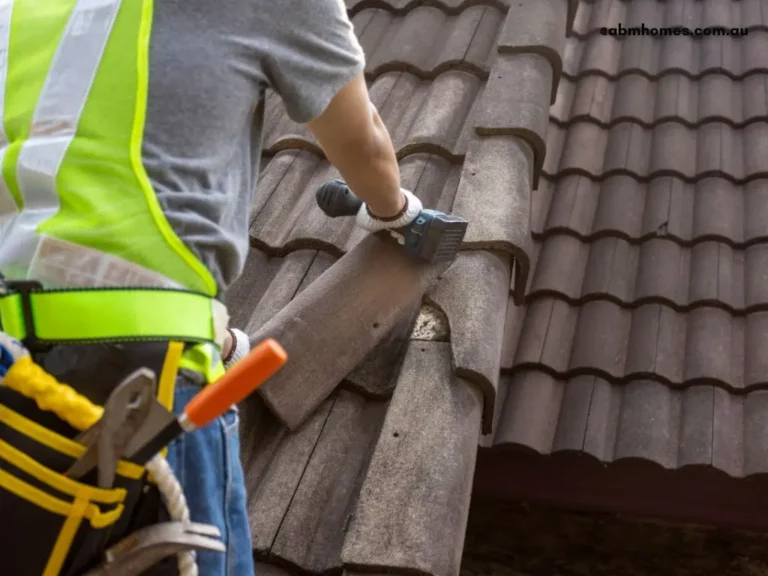

In the other kinds of demolition, the structure to be put down is demolished, and the waste is taken away as a whole, leading to waste creation, and can be unsustainable.
To make this practice more eco-friendly, manual deconstruction has become a popular choice.
When this happens, the builder will take away all the recyclable stuff from the current build. The builder might even reduce your final bill as they can now use the material and recycle it.
Factors affecting cost of demolishing a house
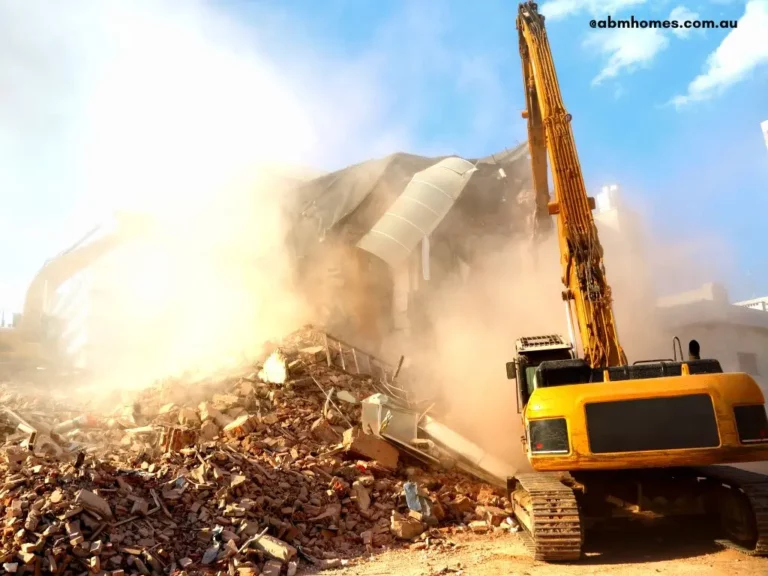

Size:
This is the biggest factor. A total cost is calculated by square meters, bigger house will always mean higher costs.
Location:
The surrounding area, local council rules, and accessible touchpoints can also affect the price. The further the house is from the nearest recycling/ waste disposal facility, the higher the cost.
Materials:
Another obvious major factor, lighter materials(timber) are easier to dispose of than heavier ones(cement, bricks).
Potential toxicity also requires more complex methods and sophisticated equipment. That can increase the cost as well.
Number of buildings (Partial vs Full Knockdown):
Are you demolishing just the main house? What about the outhouse? And the garage? The math here is simple, as well as linear.
Landscaping:
Trees are removed by landscaping experts, and not necessarily the builder, as there are environmental and local government factors at play. It’s generally the cheapest cost in this process, depending on the number of trees.
Steps of House Demolition


- Estimate: Your chosen builder will conduct site thorough visits and produce a cost estimate.
- Finance: There are several ways you can pay for a knockdown, which have been discussed in a separate section below.
- Permits: As there can be a lot of noise, waste and potential dangers, many councils have requirements for a Demolition Permit, which can take weeks to apply. This can also include a Permit fee. At this stage, you will need the builder’s Demolition Plan, necessary liability insurance, and house documentation handy and ready to go.
- Prep: The site has to be emptied of all stuff, and you have to make sure the electricity, water, and gas connection is down and not running at the time of demolition.
- Demolition: Enter excavators, tradespeople, and it’s go time!
- Disposal and Clean-up: The final step, which makes your lot ready for a fresh build!
Now that we have the biggest reasons, types, and processes covered, let’s discuss the most important part: the money.
How to finance a House Demolition?


There are multiple ways you can pay for a demolition:
- Out of pocket: This is the most ideal option if you are going for a partial re-do, as the cost will generally be on the lesser side.
- Current loan options: If you have a house loan already, most banks will have several options for you, like Mortgage Offsets or Refinancing. For the best advice, we advise you to talk directly to your bank, after discussing your options with your builder.
- New loan: If you do not have an ongoing loan or do not want to refinance your existing obligation, you can apply for a brand-new loan.
The cost here will generally depend on your current credit score, the scope of the project and the down payment amount.
Ready to Knockdown and Rebuild ?
Get help from the experts
Knockdown and Rebuild in Canberra and NSW
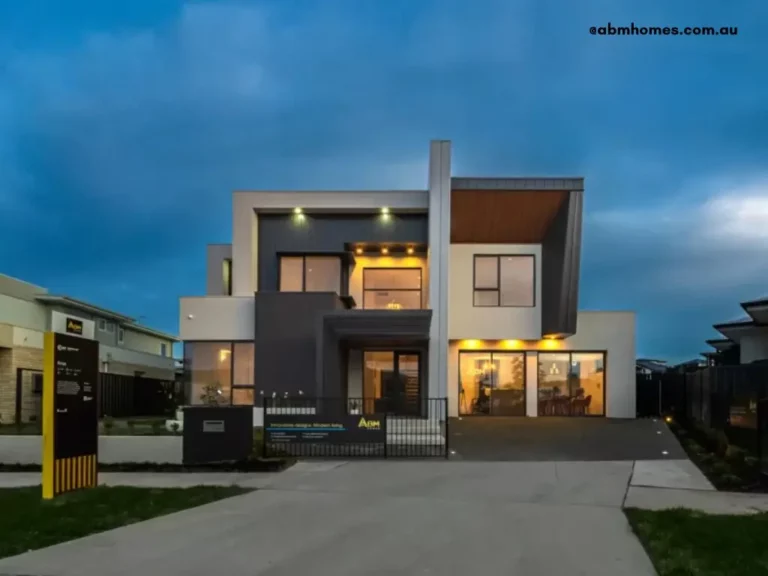

Knockdown and Rebuilds can be messy and expensive when done wrong, and very simple and lucrative when done right.
As there are so many complex factors at play, you will need an experienced builder, with a record of successful projects in the past.
The ABM Homes Team has helped tons of families in rejuvenating and recreating their houses, and we would love to help you out as well!
Our team of experts understands and is always focused on creating the ideal combination of a smooth and inexpensive operation.
On top of that, we are known for sustainable design and custom construction solutions.
So if you are interested in a knockdown and rebuild, talk to ABM today! You can contact our team and go through your options, or visit our site for a detailed discussion.

